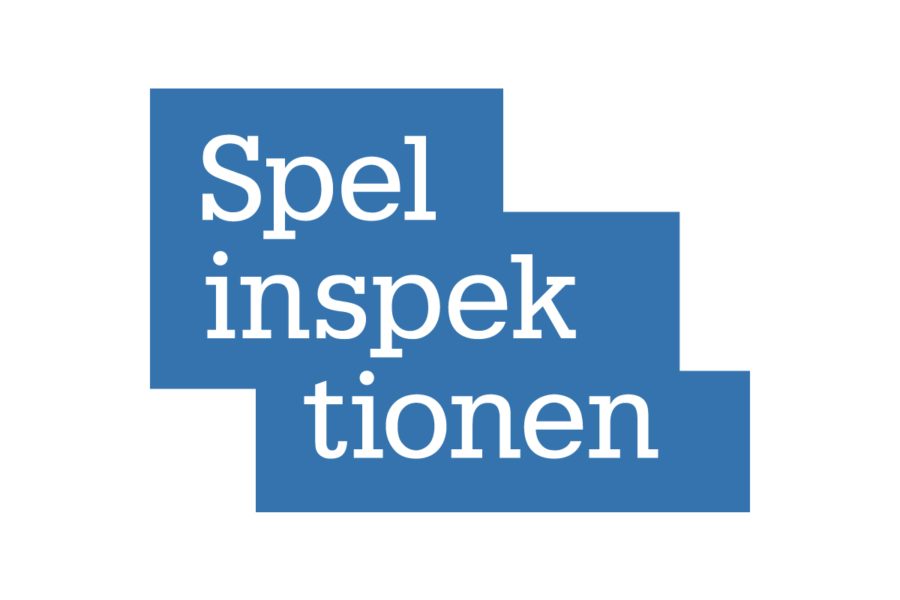Swedish gambling regulator publishes duty of care guidance

The regulator has provided examples of what duty of care action plans should include after finding that several licensees needed to develop their plans.
Sweden.- The Swedish gambling regulator Spelinspektionen has published guidance on what operators should include in their Duty of Care action plans. It provided examples of good practice after finding some operators’ plans to be lacking following a review in 2021.
All licensees must have an action plan for how duty of care is to be fulfilled as required in Chapter 14 of Sweden’s Gambling Act 2018. Operating procedures must be in place to protect players against excessive gambling and they must record engagements with players who show signs of problems.
Under the new guidance, Spelinspektionen requires operators to detail indicators of problem gambling and to provide a framework on how duty-of-care procedures are to be conducted. Action plans should recognise indicators such as number of games, session times, increases in deposit limits, player age and interrupted withdrawals.
It also says operators should record examples of players chasing losses or examples of threatening behaviour or the influence of alcohol or other substances. Licensee frameworks must reference “what measures are to be taken and also who is to take the measures”.
Operators should record how they engaged with players and what advice customer care teams provided – for example, whether the player was referred to the support line for players and relatives or to a local support organisation. They must also report restrictions made on a player’s account and access to websites or venues.
Spelinspektionen said: “The duty of care is about ensuring social and health considerations by identifying signs of excessive gambling and acting when they occur. For players to have the protection that the legislation requires, it is important that licensees identify aspects of how the duty of care can be applied in their own business.”
Spelinspektionen provides stats on matchfixing for 2022
The Swedish gambling regulator has also provided an update on the number of cases of suspected match-fixing it observed in 2022. Via its agreement with Sportradar, it identified 11 competitions as very likely exposed to some form of match-fixing. All incidents invovled football but not in the highest leagues.
That compares to 53 suspicious reports during 24 matches in 2021 (19 involving football) and 45 events during 27 matches in 2020.
The regulator also announced that it had concluded the supervision of five license holders and their technical certificates of certification without interventions against the license holders, concluding that they met all requirements.
The supervisory activity included all requirements in the technical regulation with an in-depth analysis of certified certificates functions for reporting to the Gaming Authority and a number of named games in the license holders’ range.










